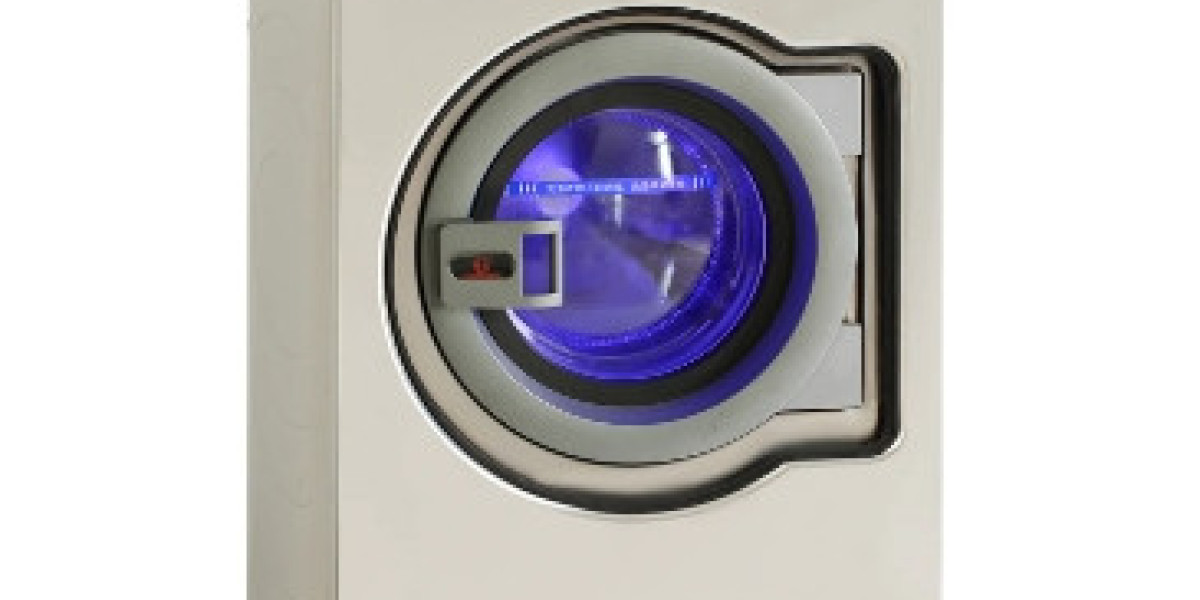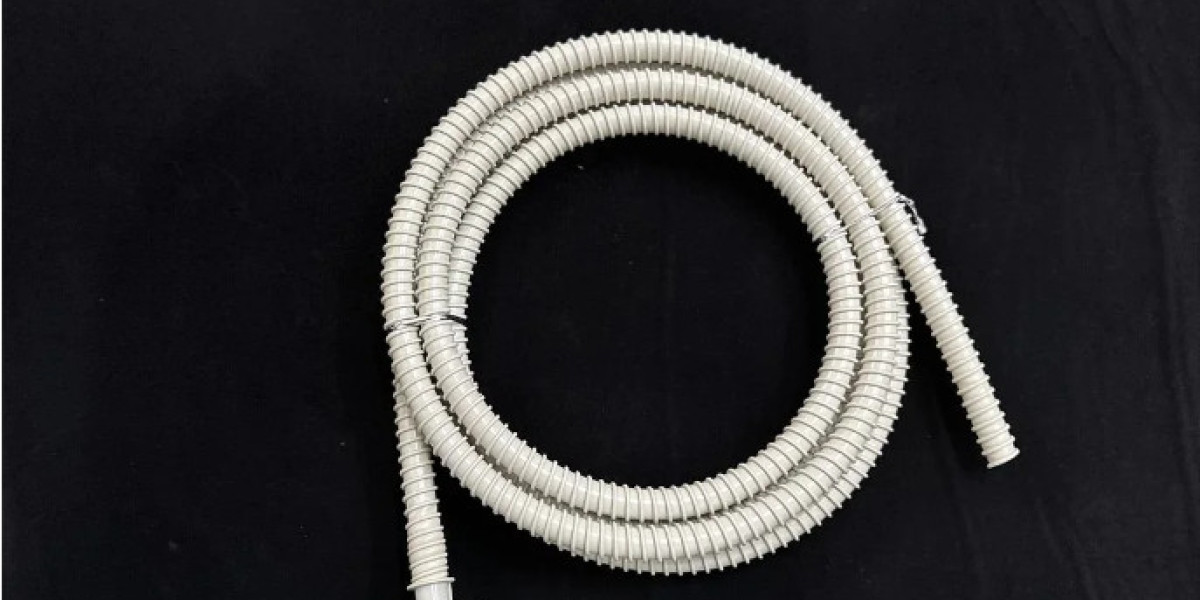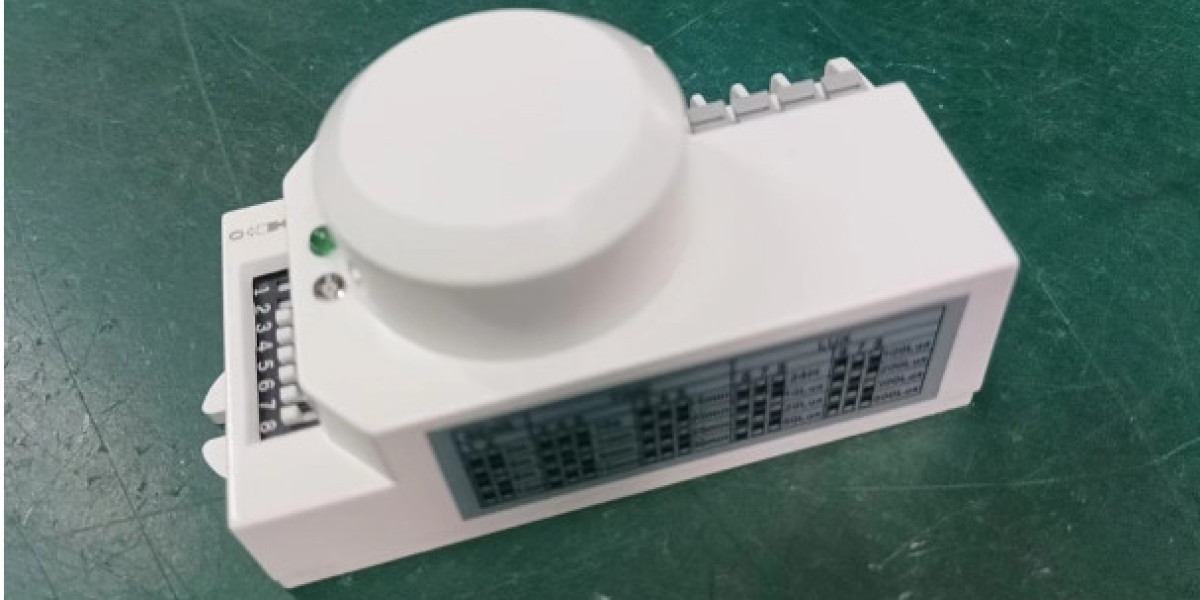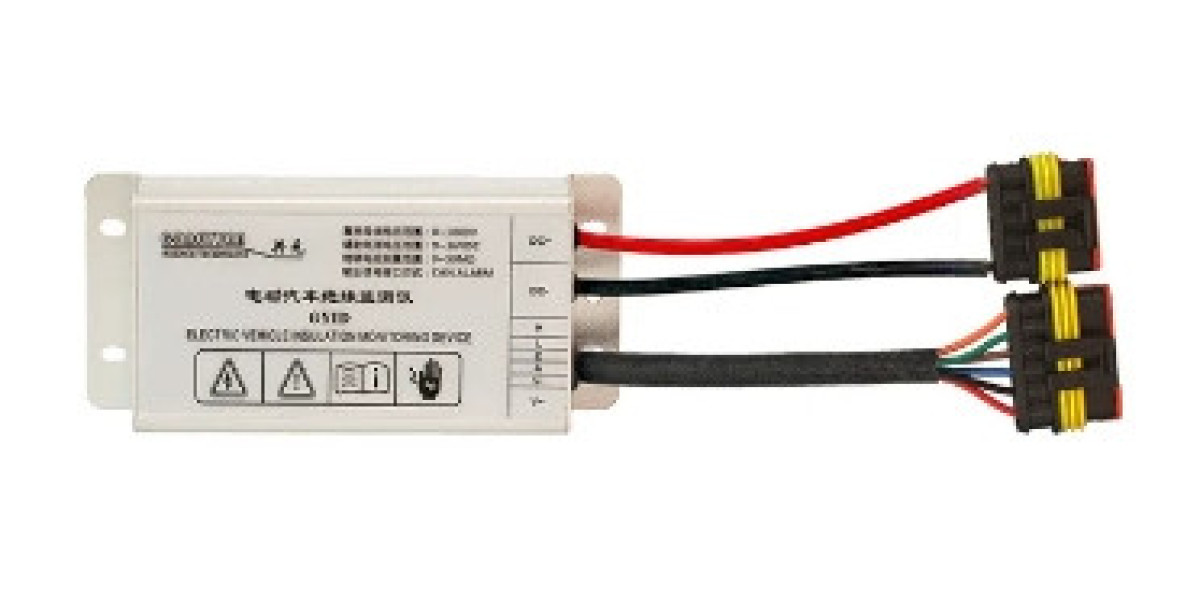In the textile industry, maintaining fabric quality is paramount. One of the key factors that can affect the integrity and appearance of textiles is shrinkage. Shrinkage can occur during the washing process, leading to changes in the size and shape of garments and fabrics. This is where the Fabric Shrinkage Rate Washing Machine comes into play, ensuring that textiles retain their quality and dimensions after washing. A notable example of such a machine is the NF6701 Shrinkage Rate Washing Machine by Ningbo Textile Instrument Factory.
Understanding Fabric Shrinkage
Fabric shrinkage refers to the reduction in the size of a fabric or garment after it has been washed or exposed to moisture. This can be caused by the relaxation of fibers that were stretched during the manufacturing process or by the felting of fibers, particularly in woolen fabrics. Shrinkage can lead to dissatisfaction among consumers who expect their clothing to maintain its size and shape after washing.
The NF6701 Shrinkage Rate Washing Machine
The NF6701 Shrinkage Rate Washing Machine is specifically designed to address the issue of fabric shrinkage. Manufactured by Ningbo Textile Instrument Factory, this machine is used for the shrinkage and relaxation test of various textiles, including cotton, wool, silk, hemp, chemical fiber, and knitted fabrics, as well as clothing. It is ideal for factories and test centers that require long-term testing to ensure the quality and consistency of their products.
How the NF6701 Works
The NF6701 Shrinkage Rate Washing Machine simulates the conditions of a standard washing process to accurately measure the shrinkage rate of different textiles. By using this machine, manufacturers can predict how their fabrics will behave after washing and make necessary adjustments to their production processes to minimize shrinkage. This ensures that the final products meet the desired quality standards and maintain their size and shape after washing.
Benefits of Using the NF6701
Accuracy: The NF6701 provides precise measurements of shrinkage rates, allowing manufacturers to maintain tight quality control.
Consistency: By standardizing the testing process, the machine ensures consistent results, which is crucial for large-scale production.
Efficiency: The machine is suitable for long-term testing, making it an efficient tool for factories and test centers.
Consumer Satisfaction: By reducing shrinkage in textiles, manufacturers can increase consumer satisfaction and reduce returns and complaints.
The Importance of Shrinkage Testing
Shrinkage testing is an essential part of quality control in the textile industry. It helps manufacturers understand how their fabrics will behave after washing, allowing them to make informed decisions about their production processes. By conducting shrinkage tests, manufacturers can ensure that their products meet the expectations of their customers and comply with industry standards.
Conclusion
Maintaining fabric quality is crucial in the textile industry, and controlling shrinkage is a key aspect of this. The NF6701 Shrinkage Rate Washing Machine by Ningbo Textile Instrument Factory is an invaluable tool for accurately measuring fabric shrinkage rates, ensuring that textiles maintain their quality and dimensions after washing. By investing in reliable testing equipment like the NF6701, manufacturers can enhance their quality control processes, leading to higher customer satisfaction and a stronger reputation in the market.








